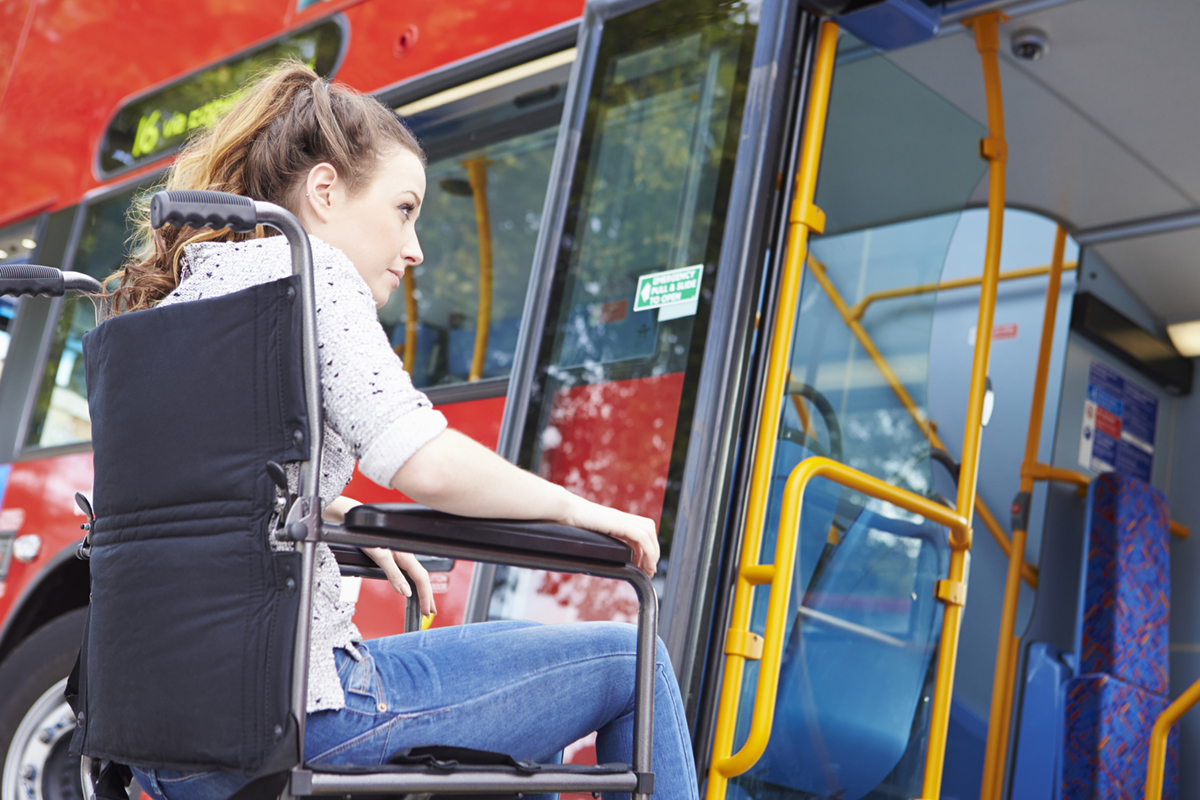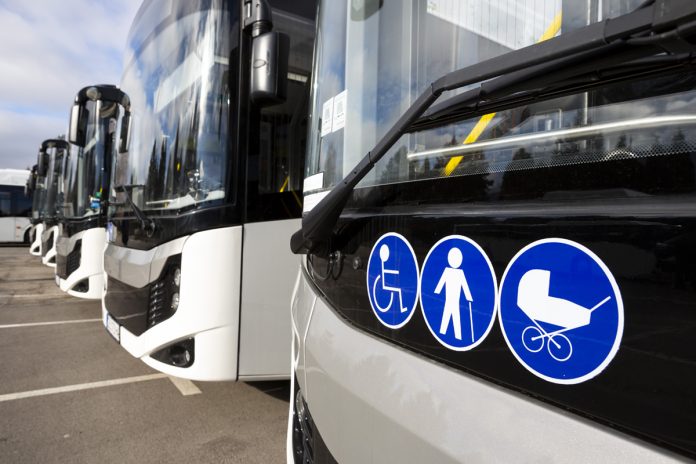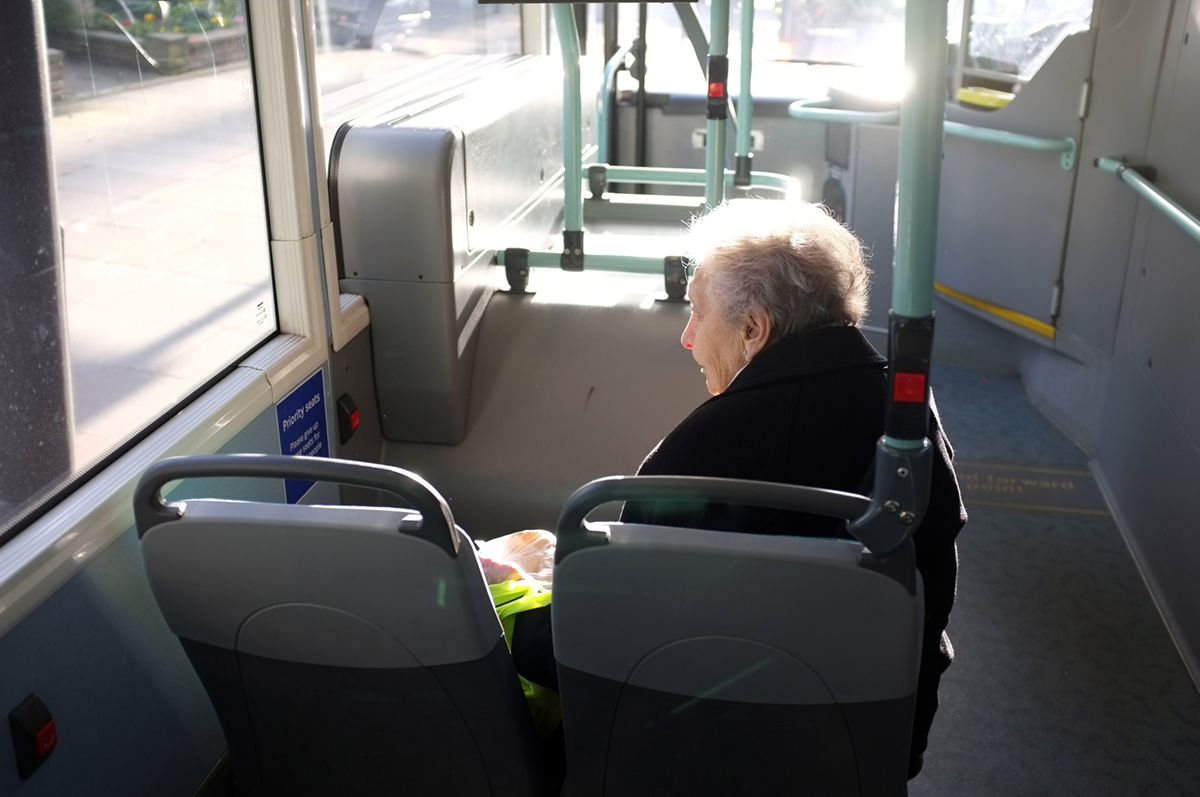Andree Woodcock, a Professor from Coventry University, tells us what we need to know about the H2020 TInnGO (Transport Innovation Gender Observatory) project that concerns the role of women in transport and the need to reduce inequalities in smart mobility
The H2020 TInnGO (Transport Innovation Gender Observatory) project, funded by the European Commission, aims to promote a sustainable game change in European transport by creating a new observatory, conceived as a one-stop-shop for analysis and solutions on the inequalities women face in the transport sector. It takes a three-pronged approach looking at gender and diversity issues in transport usage, employment and education.
Why is this needed?
It has long been recognised that women (and other groups) are significantly marginalised in transport. Without research in this area, the transport revolution produced by smart mobility will continue to exclude women and ‘disadvantaged‘ groups (e.g. the elderly, those from lower-income backgrounds, with mobility, cognitive, sensory and communication difficulties). Commuting journeys are privileged by transport systems, over those related to home and social and healthcare. The complex, multilegged journeys by women and those in lower socio-economic groups are not modelled; therefore, future systems will perpetuate the same inequalities.
Recent analysis conducted by TInnGO shows that around 70% of the transport workforce are male and since 1945, only 7% of the transport ministers in TInnGO countries have been female. Gendered and non-inclusive discourses are already being used to promote smart mobility solutions, despite the fact that women most use and support sustainable transport. Clearly, this situation needs to be urgently addressed if the smart city agenda is to fulfil its promises of improving the quality of life for all people.

TInnGO will address this through:
- The creation of a Pan European observatory for gender smart transport innovation in the smart mobility sector. This will provide a nexus for data collection, analysis and dissemination of gender mainstreaming tools and open innovation. The observatory will collect existing resources to become the reference portal for those wishing to address gender and diversity-sensitive smart mobility. It will freely provide best practices, case studies, guidelines, tools, methodologies, training, policy documents and videos. Specific sections will allow users to participate in open innovation and share content, insights and data for collaboration.
- The central observatory will be fed by 10 national hubs and laboratories (Baltic States, Italy, Greece, Norway/ Sweden, UK, France, Romania,
Germany, Spain and Portugal), each specialising in a local issue relating to gender and inclusivity (e.g. safety, minority groups and entrepreneurship). The hubs will:
- Use project outputs (such as gender action plans and gender mainstreaming tools) to address local issues in Transport Business Ecosystems (TBE) (such as gendered workplaces, inclusive consultation, entrepreneurship and education).
- Provide national data relating to the TBE, for example, through standardised surveys on women’s mobility.
- Act as a beacon for women’s engagement in the smart mobility sector.
- Provide ‘living labs’ drawing on citizen science and participatory design to create gender and diversity-sensitive smart mobility solutions.
3. The development of an Open Data Repository – a one-stop-shop for sharing transport-related gender datasets with standardised templates, tools and the General Data Protection Regulation (GDPR)-compliant data management processes.
Our work will be underpinned by key concepts and tools related to intersectionality, gender transport poverty, gendered discourses and scripts and agent-based modelling.
Proposed impacts will be in areas of:
- Education and R&I – gender and role equality in STE(A)M, engineering & design;
- Employment – gender bias in opportunities and workplace;
- Mobility – increased awareness and use of ‘hidden’ journeys;
- Datasets – standardise, create and merge datasets enabling better data analytics on women’s mobility;
- Entrepreneurship – document and transfer best practice;
- Policy at local, national & international level – more accurate mobility information, integrated planning & diversity in policy-making bodies;
- Practice – increase equality in consultation, decision making and employment practices;
- New knowledge about intersectionality and gender transport poverty;
- Create inclusive smart mobility solutions putting people first;
- Smart Mobility discourses – critical analysis and development of new scripts.
What can you do to support us?
TInnGO is initially funded for three years. Over the next two years, we will set up 10 TInnGO labs, as pilots, to support local groups and activities, encourage and train women and other groups in achieving equality in the fields of mobility, education and employment in the TBE. To be more effective and sustainable in the long-term, we need support from readers of this article to:
- Follow, like and link to us;
- Start a conversation with us about your experiences of gender and diversity inequalities;
- Use gender mainstreaming and gender action plans in your organisations;
- Challenge inequality in transport decision making, services and discourses and;
- Contribute and share gender data in our Open Data Repository.
TInnGO has received funding from the European Union’s Horizon 2020 Research and Innovation Programme under Grant Agreement No 824349. The consortium brings together 20 partners from 13 European countries, including universities (Coventry University, University of Copenhagen, Technische Universitaet Ilmenau, Politecnico di Torino), research centres (ITENE, VTI), consultancies (Interactions, Signosis, VTM, Smart Continent, Inteco, Lever), local entities (EMEL from Lisbon, Municipality of Alba Iulia, Città di Torino, West Midlands Combined Authority) and companies (sBoing, LGI, plan&rat, Societal).
For further information, visit our website (http://www.tinngo.eu/), the Observatory at http://transport-gender-observatory.eu/ or contact PI, Andree Woodcock at contact@suits-project.eu
This project has received funding from the European Union’s Horizon 2020 research and innovation programme under grant agreement No 824349.
This document reflects only the author’s view. Responsibility for the information and views expressed therein lies entirely with the authors. The Innovation and Networks Executive Agency (INEA) and the European Commission are not responsible for any use that may be made of the information it contains.
Please note: This is a commercial profile












